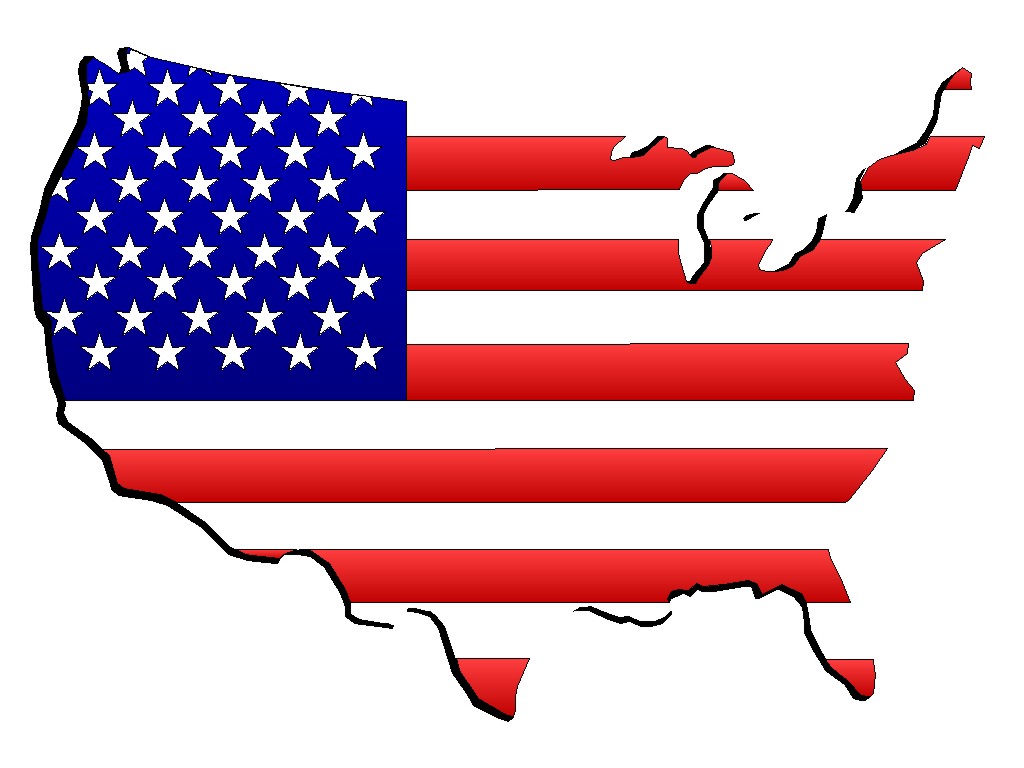Post by Luke on Dec 15, 2013 9:25:25 GMT -8
I work at a company that sells telescopes. Every couple of days, we get in a cargo container filled with telescopes that were made in China. That is where 99.999% of our products are made. It costs tens of thousands of dollars to ship the container across the Pacific, and even more to pay the import dues. Yet somehow, this method is cheaper for the company.
One thing I can say right off the bat: it certainly doesn't help with the shipping and customer relations side of the business. If a container gets delayed for too long, or worse, China sends us the containers in the wrong order, we have a situation in the warehouse of being Vastly over stocked on some things, and totally out of others, meanwhile there are orders to be filled.
Now, if the factory were here in the US, we could coordinate the manufacturing and shipping situations together, and ensure the business remains on time, and most importantly, not overstocked or under stocked.
So why is the cheaper, more hassle oriented, method chosen? The ultimate answer is because it is slightly cheaper, and the hassle is compensated for with increased profits. But ultimately where are those profits Going? The answer is: back to China. Because the profit made from each order, goes back to China to make the next order, and so on and so on. China is the one benefiting, and not the U.S..
Meanwhile, the company sells most of its products in the U.S., and only roughly 10% international. Which means their business model directly contradicts their Sales model. If they moved their manufacturing to the U.S., they could compensate the loss in profit with a small price increase, in exchange, the number of people willing and capable of Buying their products would be larger.
The more companies that do this, the larger their domestic consumer base will be, and the more likely their slightly raised prices will be considered acceptable.
Meanwhile, those who keep their manufacturing in China, will keep their prices low, but will also keep their consumer base smaller, and thus, demand their prices be lower to cater to the smaller consumer base. So on and so on, until there is no ability for the company to function in the U.S., except for them to move overseas.
One thing I can say right off the bat: it certainly doesn't help with the shipping and customer relations side of the business. If a container gets delayed for too long, or worse, China sends us the containers in the wrong order, we have a situation in the warehouse of being Vastly over stocked on some things, and totally out of others, meanwhile there are orders to be filled.
Now, if the factory were here in the US, we could coordinate the manufacturing and shipping situations together, and ensure the business remains on time, and most importantly, not overstocked or under stocked.
So why is the cheaper, more hassle oriented, method chosen? The ultimate answer is because it is slightly cheaper, and the hassle is compensated for with increased profits. But ultimately where are those profits Going? The answer is: back to China. Because the profit made from each order, goes back to China to make the next order, and so on and so on. China is the one benefiting, and not the U.S..
Meanwhile, the company sells most of its products in the U.S., and only roughly 10% international. Which means their business model directly contradicts their Sales model. If they moved their manufacturing to the U.S., they could compensate the loss in profit with a small price increase, in exchange, the number of people willing and capable of Buying their products would be larger.
The more companies that do this, the larger their domestic consumer base will be, and the more likely their slightly raised prices will be considered acceptable.
Meanwhile, those who keep their manufacturing in China, will keep their prices low, but will also keep their consumer base smaller, and thus, demand their prices be lower to cater to the smaller consumer base. So on and so on, until there is no ability for the company to function in the U.S., except for them to move overseas.

